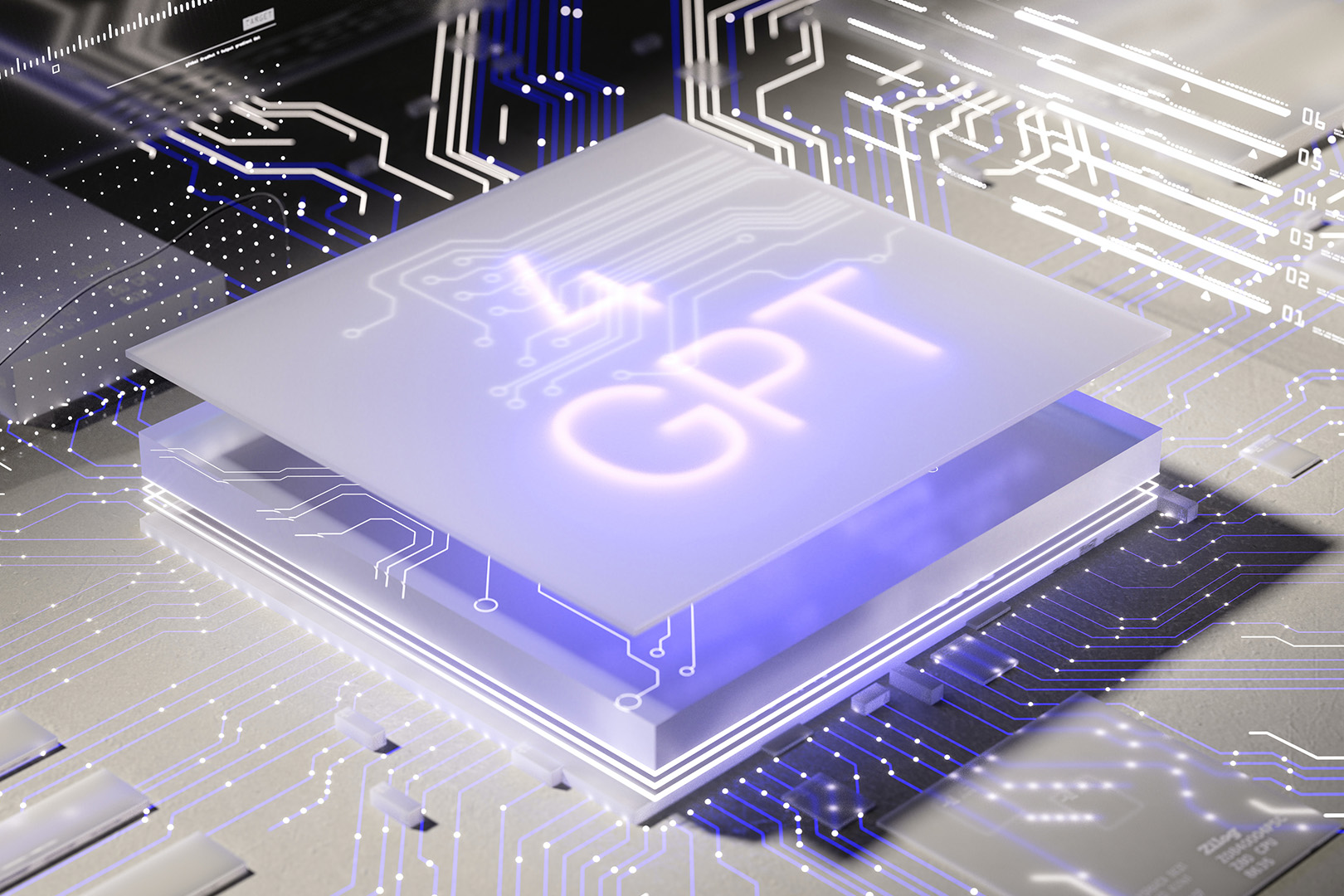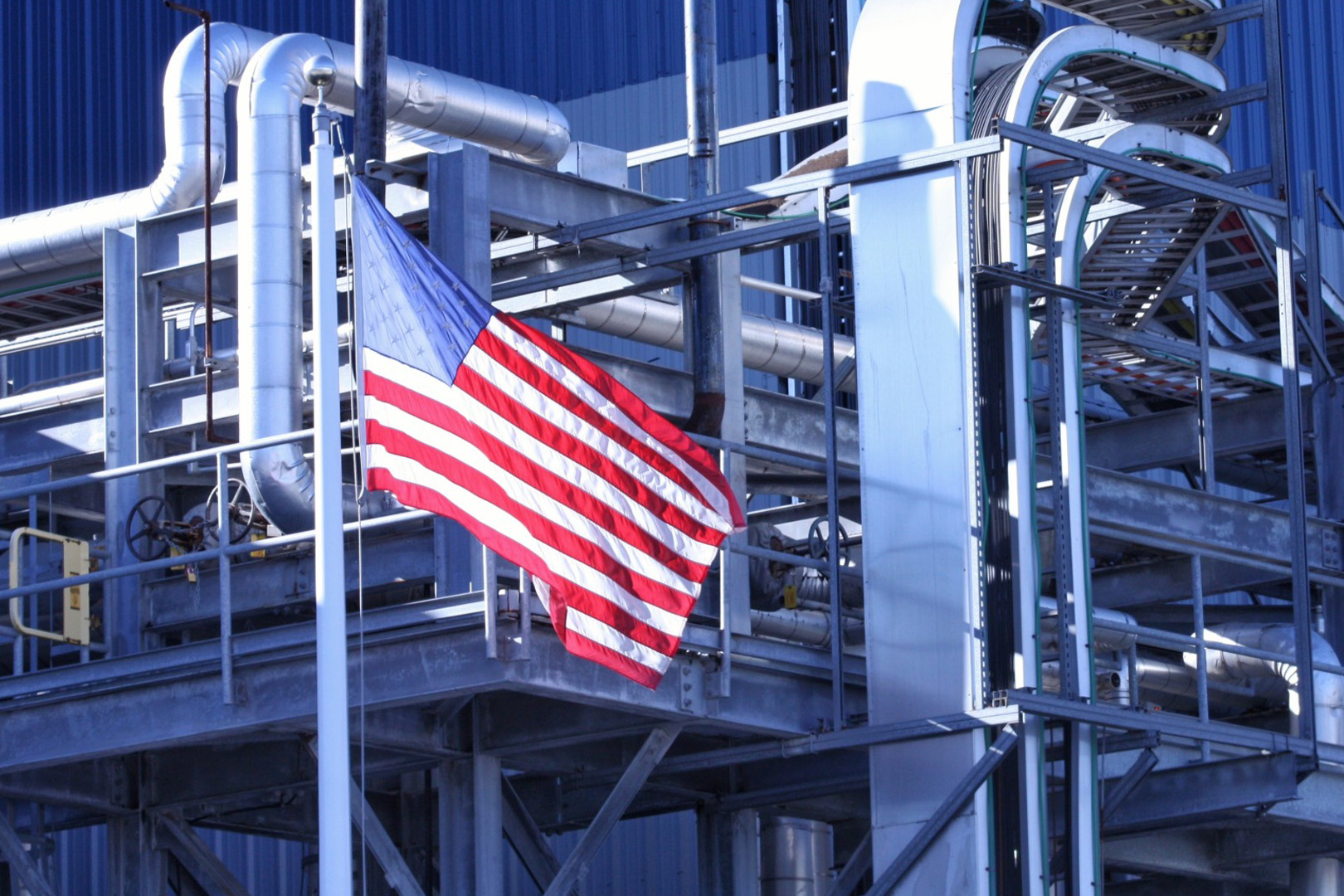
China can steal their way to technological parity with the U.S., but China cannot steal from the U.S. what it has not yet invented. So how did China take the global lead in 37 of 44 technologies critical to the economic and national security of the United States?
The answer can only be that China is innovating faster than the U.S. How did this national security disaster happen?
Multinational Corporations have Misled Congress
The once great U.S. patent system drove the U.S. lead the world in almost every technology revolution from potash processing to smartphones. It did this because patents were personal property rights that could be collateralized to attract early-stage investment to commercialize the inventions. This first investment is vital for startups bringing critical emerging technologies to markets saturated by huge corporations, because without it, the startup does not start up.
The problem is that startups often bring creative destruction that disrupts markets and that threatens huge corporations with the loss of their monopolistic market share. To avoid disruption, these corporations influenced U.S. government agencies, Congress and the courts to gut the U.S. patent system. Starting in 2006, all three branches government acted to eliminate injunctions and create multiple mechanisms to efficiently invalidate patents.
While the U.S. was busy destroying its patent system, China made their patent system much stronger. As a result, China’s startups now attract more early-stage investment, while similar startups in the U.S. attract less. That flip-flop enabled China to quickly overtake the U.S. in funding of artificial intelligence (AI) startups. As reported by The Verge, a 2018 report by C.B. Insights showed that “[China] accounted for 48 percent of the world’s total AI startup funding in 2017, compared to 38 percent for the U.S.” More recently, Reuters reported that U.S. startup funding was down 30% in 2023.
This reversal of patent system strength is a primary reason why China now leads the world in so many critical emerging technologies. Most U.S. policymakers still think China is just stealing U.S. technology and are oblivious that China now leads. Either by ignorance or willful blindness, they continue to push the wrong legislation, all of it written and sponsored by the same huge multinational corporations that created the problem to begin with.
The Gutting of the U.S. Patent System
Congress began introducing “patent reform” legislation in the early 2000’s. These bills failed under the pressure of public debate. But the Supreme Court legislated many of the failed provisions anyway – sometimes lifting the language word-for-word from the failed legislation.
For example, based on SEC. 7. Injunctions of the failed Patent Reform Act of 2005, the Supreme Court changed hundreds of years of settled patent law in a 2006 decision called eBay v. MercExchange (eBay). eBay mandated a four-factor test (the eBay Factors) that must be performed before a court is authorized to grant an injunction and placed the burden to prove the eBay Factors on the patent owner. The eBay Factors reduced injunction orders by as much as 91%, radically favoring multinational infringers. Multinational predators knew the U.S. courts would not stop them if they stole patented technologies from startups. As a result, massive predatory infringement of U.S. critical emerging technologies began.
In 2011, Congress passed the inaptly named America Invents Act (AIA). The AIA established an administrative tribunal inside the USPTO with the sole function of invalidating patents on the request of predatory infringers. This biased tribunal, called the Patent Trial and Appeal Board (PTAB), effectively invalidates 84% of the patents it fully adjudicates thereby weaponizing the legal system against startups for the benefit of multinational predators.
In 2014, the Supreme Court made most critical emerging technologies ineligible for patent protection with an illogical and undefinable test to determine if an invention is a so-called “abstract idea” in Alice v CLS Bank (Alice). The Alice test works by removing “insignificant extra solution activity” from the invention’s claims and looking at what’s left. Insignificant extra solution activities are things like sending, receiving, saving, printing etc. – the things that tie most critical emerging technologies to the real world. Once the invention’s real-world ties are removed, math or logic is all that’s left. The courts believe that math or logic without ties to the real world is an abstract idea, and they invalidate the patent. Under this circular nonsense, thousands of inventions have been denied patent protection by the USPTO, while their companion applications covering the same inventions get patent protection in Germany and China. If the USPTO allows a patent covering a critical emerging technology, the courts invalidate 50% as abstract ideas.
In the U.S., it can take a decade or more to litigate a patent dispute costing tens of millions of dollars. The odds of the patent being invalidated in court or at the PTAB are astronomical. If you win, the infringer will not be stopped with an injunction. Instead, an English major in a robe will set monetary damages. The U.S. patent system is destabilized and unpredictable and that has discouraged early-stage investment especially for startups that commercialize critical emerging technologies.
China’s patent system is much stronger, much less expensive, and much more predictable. A patent can be reasonably defended in nine months at a cost of only a few hundred thousand dollars. Over 80% of patents survive invalidity challenges, and injunctions are ordered in over 85% of cases where the patent owner won. This means that China’s startups can attract early-stage investment.
The U.S. government handicapped our patent system in ways that China does not handicap its own system. As a result, China is out innovating the U.S. because Chinese startups can attract early-stage investment while investors are less likely to invest at early stages in U.S. startups.
The Corporate Lobby Wants It Broken
The corporate lobby is made up of multinational corporations who retain their monopolistic markets with the broken U.S. patent system. eBay enables them to steal patented technologies that they easily invalidate at the PTAB and under Alice’s abstract idea. The last thing these multinationals need is for Congress to return patent law to its state prior its destruction.
Some of these multinationals, such as Qualcomm, were started up by little guys with patented big ideas. They now cynically misuse their startup stories to establish credibility as advocates for startups, while they flagrantly lead the charge to pass legislation that effectively codifies the very problems that are destroying startups and U.S. innovation in general.
Many of the corporate lobby’s multinationals may well be influenced by hostile foreign actors, like China. Unified Patents’ 3000 hidden clients include Chongqing Cable Networks, Guangzhou Digital Media, Shenzhen Topway Video, and many other Chinese Communist Party (CCP) controlled multinationals. Unified Patents petitions the PTAB to invalidate patents as a third-party interloper thereby concealing the identities of their CCP multinational subscribers and clearing the U.S. market of patents so their concealed CCP clients can import their knockoffs into the U.S.
Many of the corporate lobby’s multinationals have significant business reasons to push legislation that favors China. For example, Qualcomm, with 64% of its revenue generated in China and only 4% in the U.S., could easily be acting under the influence of the CCP due to its huge percentage of Chinese revenue.
The Corporate Lobby Pushes Damaging Legislation
The corporate lobby, led by Qualcomm and Unified Patents, is pushing PREVAIL, PERA and RESTORE. Each of these bills effectively codifies the problems they claim they fix. If passed, the damage inflicted on the U.S. patent system and thereby U.S. innovation will be made permanent.
They claim PREVAIL fixes the PTAB and its astronomical 84% invalidation rate. But its language does almost nothing to accomplish that. It fails to address the underlying problems including the perverse incentives acting on the PTAB that drive its high invalidation rate. (also see here and here)
They assert that PERA will fix the eligibility exceptions created by the Supreme Court. These exceptions affect medical diagnostics, gene therapies and critical emerging technologies (the abstract idea). PERA explicitly abrogates the Supreme Court cases that created these exceptions, but it creates a new statutory exception that effectively preserves the abstract idea. This smokey backroom deal was made because drug and biotech industries need medical diagnostic and gene therapy exceptions eliminated, but Big Tech needs the abstract idea to preserve their monopolies. Codifying the effects of the abstract idea encourages Big Tech to stand on the sidelines allowing PERA to pass without minimal opposition. (also see here, here and here)
RESTORE, they assert, restores injunctive relief. There are two parts to eBay causing damage – (i) eBay mandated an evaluation of the eBay Factors before a court can order an injunction, and (ii) eBay put the burden on the patent owner to prove it survives the eBay Factors. But RESTORE only flips the burden to prove the eBay Factors back to the infringer. Despite the corporate lobby’s claim that it abrogates the eBay Factors, RESTORE effectively codifies them. If RESTORE is made law, there will be no measurable change in injunction orders, thus early-stage investment in U.S. critical emerging technology startups will remain impaired in relation to early-stage startup investment in China. (also see here and here)
Congress Must Reject Corporate Lobby Legislation
The gutted U.S. patent system is enabling China to take the global lead in many technologies, but particularly in technologies critical to our economic and national security. The corporate lobby’s legislation will make this national security disaster permanent. If these bills pass, Congress will not revisit them for at least another decade as it waits to see the results. If the U.S. is to remain competitive against an expansionist China who is actively threatening world war, we just do not have that much time.
The good news is that legislation introduced in the House led by Representatives Massie and Kaptur properly fixes this mess. H.R.8134, the Restoring America’s Leadership in Innovation Act (RALIA) returns the U.S. patent system to its state prior to 2006, which is the state of the patent system for the preceding two centuries when American led the world in almost every technology revolution. While not as comprehensive as RALIA, H.R.8132, the Balancing Incentives Act (BIA), has also been introduced. BIA will immediately correct the PTAB’s extraordinary invalidation rate.
Congress must reject the corporate lobby’s efforts to preserve their monopolistic markets by rejecting PREVAIL, PERA and RESTORE. Congress must instead pass RALIA and BIA to restart the U.S. innovation engine so America can once again out innovate China. Failure to do so will have calamitous consequences.
Paul Morinville is Founder and Executive Director of SPARK Innovation. SPARK Innovation strives to create an policy environment where the conception, protection, and commercialization of technologies critical to our economic and national security prosper thereby enabling the United States to take back the global technological lead from China. Paul is an inventor and has been an executive at multiple technology startups including computer hardware, enterprise middleware, video compression software, artificial intelligence, and medical devices, and has licensed patents in the U.S. and China.







right ! the patent office does not allow a simple patent to get approval. We are trying to create great benefits for mankind. help !
I have a new patented US and EU product. The first sales of my Etsy shop have positive reviews, and I see that I can count on growing sales with increased advertisement. The problem is that the 2006 E-bay Supreme Court decision created an efficient infringement/situation in which small IP (US)-based businesses have life expectations limited to the moment the product starts to succeed in the marketplace. At this moment, as countless examples from the last 18 years show, infringers take over. PTAB invalidates patents, and the inventor’s hard work is recognized as a measure of foolishness and financial disaster. If you are not familiar with this situation, please check USinventor.org.
No doubt, being Kamikadze in 2024, foolishly, I still count on my luck to survive unscathed for a long time if I avoid the prominent thoroughfares of American advertising and sales like Amazon, etc. My question to you is: What would you do?
Should I start showing products at EU trade shows? IP there is taken seriously, and almost any local printing company could produce my product locally. And count on my luck to survive the lean times.
My resources are limited, so I cannot spend much.
Or simply abandon my projects and focus on more productive and less risky activities, like, for example, starting a coffee shop or RB?
The election of Trump, combined with his history of handling classified records, has garnered the attention of scientists and foreign defense technologists worldwide. As a result, many are now hesitant to submit new projects to the prestigious agencies like DARPA and other U.S. entities, fearing that their technology could fall into the hands of someone who, on Friday, July 26, 2024, at a summit hosted by Turning Point Action, urged the crowd to “get out and vote.” He further claimed that if he were re-elected president of the United States, “you don’t have to vote again. We’ll have it fixed so good, you’re not going to have to vote.” Given his past actions and statements, this environment is likely to trigger a mass exodus of talent from U.S. agencies. Many foreign scientists and top defense engineers are wary of working in a system where record numbers of security breaches can be overlooked, especially when individuals with substantial financial resources and political access can compromise the system’s integrity on such a large scale.
This situation is further complicated by his suggestion that he might withdraw the U.S. from NATO. As a consequence, it is probable that the EU will bolster its defense technology capabilities, with France and Germany focusing on scientific advancements that would have otherwise been pursued in the U.S.
This issue has also persisted for decades, affecting small inventors who often find themselves marginalized. Large, well-financed entities frequently stifle these inventors, hindering their ability to claim ownership of their creations. These inventors often face frivolous legal challenges aimed at undermining their progress, ultimately resulting in their work being appropriated by others with greater financial means.